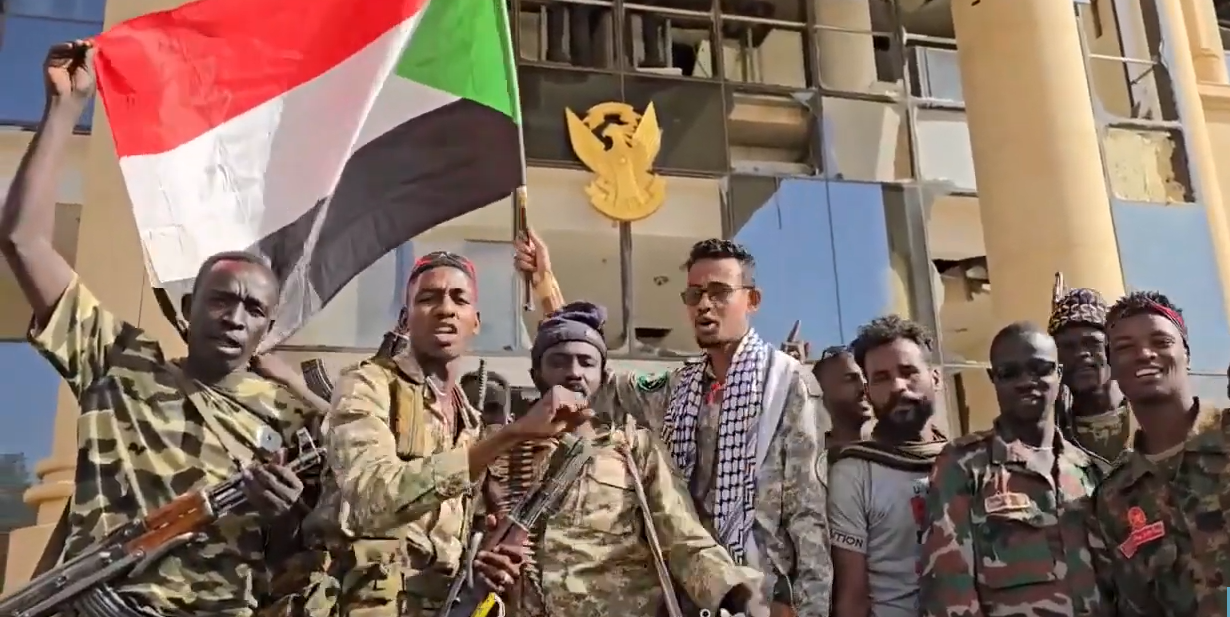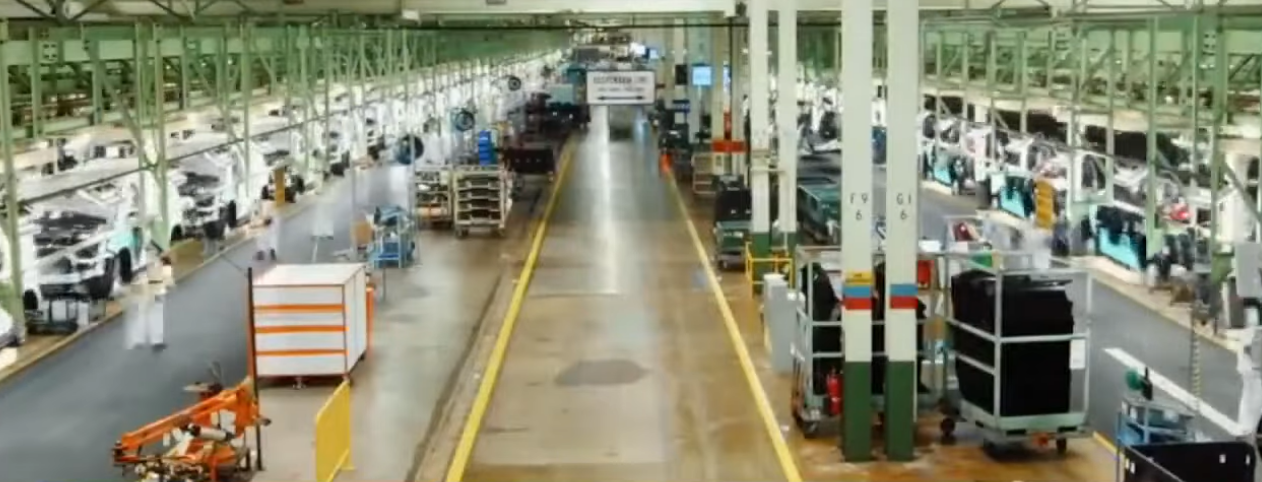[The Children’s Corner]
When he was awarded the Congressional Gold Medal this spring my friend, and visionary, Dr. Muhammad Yunus said:
“We can change the world — Let’s believe in it; let’s make it happen so that someday soon we will visit the museum to see poverty because we will never see poverty in society. It does not belong in a civilized society.”
He joined a very small group of people who have received the Nobel Peace Prize, the Presidential Medal of Freedom, and the Congressional Gold Medal—just three of a long list of his much deserved awards from countries and international organizations around the world.
It’s little surprise that he’s been so widely honored. Many leaders and philosophers say we should end poverty, but through his visionary innovation, tireless hands-on work, and dogged unwillingness to accept it, Dr. Yunus has made ending the cycle of poverty a reality for millions of people around the world, especially millions of women and their children.
Dr. Yunus truly believes, as I do, that the day will dawn when children will have to visit museums to see how the world once allowed so many fellow human beings to live in poverty in a world God created with plenty if we shared—and everything he does brings that day closer.
During his 2006 Nobel Prize lecture, he said ending poverty has implications far beyond the individual lives of poor people: “The new millennium began with a great global dream. World leaders gathered at the United Nations in 2000 and adopted, among others, a historic goal to reduce poverty by half by 2015. Never in human history had such a bold goal been adopted by the entire world in one voice, one that specified time and size. But then came September 11 and the Iraq war, and suddenly the world became derailed from the pursuit of this dream, with the attention of world leaders shifting from the war on poverty to the war on terrorism . . . We must address the root causes of terrorism to end it for all time to come. I believe that putting resources into improving the lives of the poor people is a better strategy than spending it on guns.”
While ending poverty has widespread global implications, solutions still need to start with individual people and communities. Dr. Yunus pioneered the ability to transform poverty at this micro level with the use of microcredit—and he did so by starting with what he, as just one person, could do.
He first developed the idea of microcredit in the 1970s when he was finding it hard as an economics professor to focus on textbook economic theory when he was surrounded by the economic turmoil and widespread hunger and poverty in his native Bangladesh.
He decided to try to figure out how he could help. As he put it, his original goal was “to see if I can make myself useful to one person even for a day” and he started by asking the most basic question: why are people poor? He observed that poor people often worked very hard for little economic reward. One of the first problems he confronted as he looked around the local community were loan sharks who were demanding outrageous repayment terms from their poor customers, often poor women.
The loan sharks were able to demand exorbitant fees because traditional banks refused to lend to poor people who had no assets or credit. The desperate borrowers, now victims of usury, kept falling deeper into poverty. Dr. Yunus’s conclusion: many people were poor because they had no access to reasonable credit. “It was such a complicated problem. But suddenly I saw it was such a simple thing for me. Why don’t I lend the money? Why am I complaining about the loan sharks? If you want to get rid of them, loan yourself. So I started loaning from my own pocket.” He began with a total of $27, which was enough to wipe out the debts of 42 different people—and spark a revolution.
What Muhammad Yunus quickly found was that instead of being a credit risk, the poor women to whom he lent money invested it to start small businesses like milk cows or a loom to weave fabric that strengthened their own economic security, helped them provide for their families—and allowed them to pay those small loans back.
In 1983 he formally established Grameen Bank, “Village Bank,” as an institutional way of expanding to a larger scale and providing a path out of poverty for the very poorest people. The bank only lent to those without assets or credit and required borrowers to educate their children and save money.
It’s a model that’s since been adapted and replicated in over 100 other countries, providing loans to more than 100 million borrowers. Over 95 percent of the loans have gone to women or groups of women who have proven not only to be a nearly infallible source of repayment but the best way to ensure that loans are being used in ways that directly improve children’s and communities’ wellbeing.
New advances have stretched the model in ways that couldn’t have been imagined 30 years ago, as companies have been founded allowing women to become entrepreneurs providing everything from cell phones to solar home energy systems. Bangladesh, once famously called “the basket case of the world,” is now on the verge of becoming a middle income country.
But the premise—and its potential to keep changing lives around the world—remains the same. With each new venture naysayers said it wouldn’t work; Dr. Yunus’s constant reply was, “Let’s try it. Don’t give up.”
As he says: “A human being is born into this world fully equipped not only to take care of him or herself, but also to contribute to enlarging the well-being of the world as a whole. Some get the chance to explore their potential to some degree, but many others never get any opportunity, during their lifetime, to unwrap the wonderful gift they were born with. They die unexplored and the world remains deprived of their creativity, and their contribution . . . .To me poor people are like bonsai trees. When you plant the best seed of the tallest tree in a flower-pot, you get a replica of the tallest tree, only inches tall. There is nothing wrong with the seed you planted, only the soil-base that is too inadequate. Poor people are bonsai people. There is nothing wrong in their seeds. Simply, society never gave them the base to grow on. All it needs to get the poor people out of poverty is for us to create an enabling environment for them. Once the poor can unleash their energy and creativity, poverty will disappear very quickly. Let us join hands to give every human being a fair chance to unleash their energy and creativity.”
Marian Wright Edelman is President of the Children’s Defense Fund





